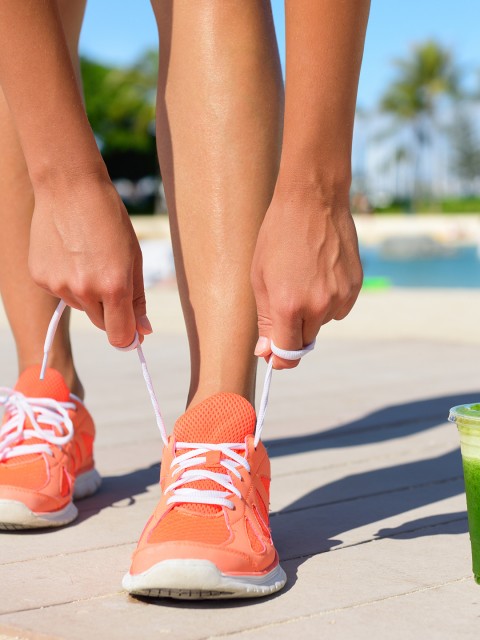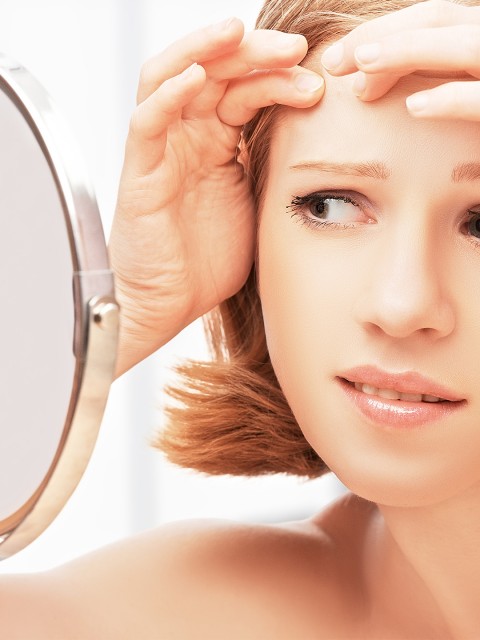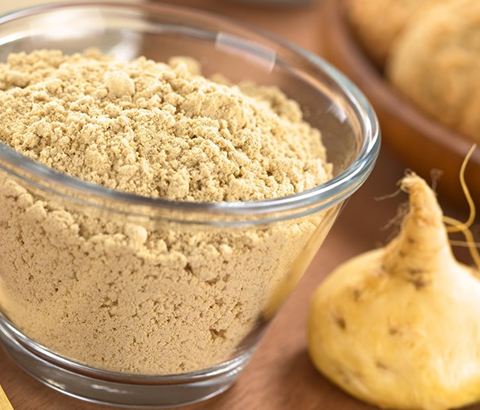
Guest post by John
Every morning when I look in the mirror, I pay close attention to my hairline. Like many men, I’ve noticed it receding over time. This concern led me to dive deep into hair loss, not just for men but also for women. While exploring various natural solutions, I came across something intriguing: maca root. I decided to test it myself and learn everything I could. I found that maca root may not be a miracle cure for everyone, but it holds real potential, especially if your hair loss is related to stress, hormonal imbalance, or nutritional deficiencies.
Let’s get something clear from the beginning. If your hair loss is caused by hereditary factors or medical treatments like chemotherapy, maca might not bring your hairline back overnight. But that doesn’t mean it’s useless. When consumed regularly, maca root could improve the quality of your hair and help slow further loss, thanks to its nutritional profile and balancing effects on the body. There’s also growing curiosity about using maca externally on the scalp, although research in that area is still limited.
Many online articles and wellness influencers suggest that maca root has dramatically improved their hair quality. While these testimonials sound promising, it’s important to remember that not all of them are grounded in science. Some may simply be clever marketing. So far, there are no peer-reviewed scientific studies that conclusively prove that maca root directly regrows hair or accelerates its growth. However, this doesn’t mean the plant is ineffective. The truth is more nuanced—and hopeful.
Maca is known for being a powerful adaptogen, which means it helps the body adapt to stress and return to balance. It’s rich in key nutrients like vitamin C, vitamin E, iron, zinc, calcium, and B vitamins—all of which support healthy hair. Maca also contains unique plant compounds called alkaloids, which are believed to stimulate the endocrine system. If your hair loss is linked to adrenal fatigue, stress, or hormonal fluctuations, then maca may support recovery and improve hair quality as a result.
When our body lacks proper nutrition or is overloaded with chronic stress, it can affect everything from our mood to our hair. And while we can’t always control external pressures, we can support our body from the inside out. Maca does just that. It nourishes, balances, and replenishes what daily life often depletes.
Take, for instance, hair loss caused by physical trauma—like chemotherapy or exposure to environmental toxins. Once the cause is removed, hair can often regrow. Supporting your body with nutrient-rich foods, including maca, during recovery may accelerate this healing process. Similarly, emotional stress can wreak havoc on the body, triggering a hormonal imbalance that leads to hair thinning. Hair shedding may not appear until months after the stressful event. In these cases, maca’s ability to support hormone balance and help the body adapt to stress makes it a potentially valuable part of your recovery toolkit.
Another common cause of hair loss is nutritional deficiency. If your diet lacks essential vitamins and minerals, your body will divert nutrients to vital organs, leaving the hair to suffer. This can lead to thinning, shedding, and brittle strands. Maca root, with its dense nutritional profile, can help fill some of those gaps. It’s not a substitute for a balanced diet, but it can be a supportive addition to it—especially during periods of emotional strain or physical depletion.
Pregnancy and breastfeeding often bring temporary hair loss due to hormonal shifts and increased nutritional demands. Many women experience this kind of shedding as normal and see regrowth after giving birth. Maca might help support these changes by replenishing nutrients and supporting hormonal regulation. Some women also apply nourishing scalp oils with maca to stimulate blood flow and reduce stress. While the external use of maca is still under review by scientists, massaging the scalp with nutrient-rich oils is a practice that has long been associated with stronger, shinier hair.
Then there’s the issue of endocrine disorders, such as thyroid dysfunction or PCOS, which can lead to noticeable changes in hair texture and thickness. If you suspect an underlying hormonal disorder, it’s crucial to consult your doctor before introducing supplements like maca. That said, for many women and men experiencing cyclical or stress-related hair thinning, maca can offer real, noticeable improvements over time.
One area where maca’s effects are less certain is in addressing external scalp infections or fungus-related hair loss. These issues are best diagnosed and treated by a dermatologist. However, once the root cause has been resolved, adding maca to your diet might help support the body’s healing process from within.
Now let’s talk about androgenetic hair loss, or male-pattern baldness. This is the category I fall into. My father, grandfather, uncles, and cousin all experienced similar hairline recession. It’s widely accepted that this form of hair loss is genetic and progresses over time, usually beginning at the temples and moving toward the crown. There are pharmaceutical options out there, but they often come with side effects, and the benefits vary. Surgical solutions like hair transplants are also an option, but they don’t address the underlying cause.
So, where does maca fit in here? From my experience, while it won’t reverse genetic hair loss, it can help slow the process by supporting your overall hormonal and nutritional balance. I’ve noticed less shedding and stronger hair texture over time. That alone is enough reason for me to continue using it daily—alongside a healthy diet, low-stress lifestyle, and regular scalp care.
Speaking of scalp care, you may have seen maca root in some cosmetic products. That made me wonder: Can maca root extract actually do anything when applied to the skin or scalp? I looked into it and found limited but interesting research. Some studies have shown that maca root has antiviral effects, which may play a role in protecting the skin from certain stressors. Another study indicated maca may help protect skin from UV radiation, while another pointed to its role in wound healing, especially at high altitudes. While these results don’t directly confirm hair growth benefits, they suggest maca may help the scalp recover from damage or irritation, making it a plausible addition to hair care routines.
However, it’s important to stay grounded in the facts. Right now, we don’t have strong clinical evidence that topical maca root will regrow your hair. But what we do know is this: scalp massage, especially with nourishing oils, increases blood circulation, reduces tension, and creates a healthier environment for your hair to thrive. Adding a few drops of maca root extract to your massage oil may not hurt—and it might just help.
So, what’s my final verdict? If your hair loss is rooted in stress, poor nutrition, or hormonal imbalance, adding maca to your diet could absolutely support better hair health. For those dealing with genetic hair loss, maca may not be a cure—but it can help you feel stronger, healthier, and more balanced, which can make a difference. I’ve had a positive experience, and I’ll continue to use maca as part of my daily wellness routine.
If you’re curious to try it for yourself, I recommend starting with a high-quality organic maca powder or capsule from a trusted source. It’s easy to mix into smoothies or coffee, and capsules are a convenient option if you’re not a fan of the taste. As for external application, consider it a relaxing ritual—one that may support your scalp health even if it doesn’t grow back your hair overnight.
👉 Click here to shop my favorite organic maca root supplements on Amazon
👉 Try maca-infused scalp oil for nourishing self-care
When it comes to hair health, there are no shortcuts—but there are natural, supportive steps we can take. Maca might not be magic, but it just might help you grow a little stronger, from the inside out.


